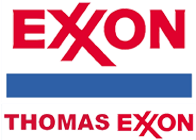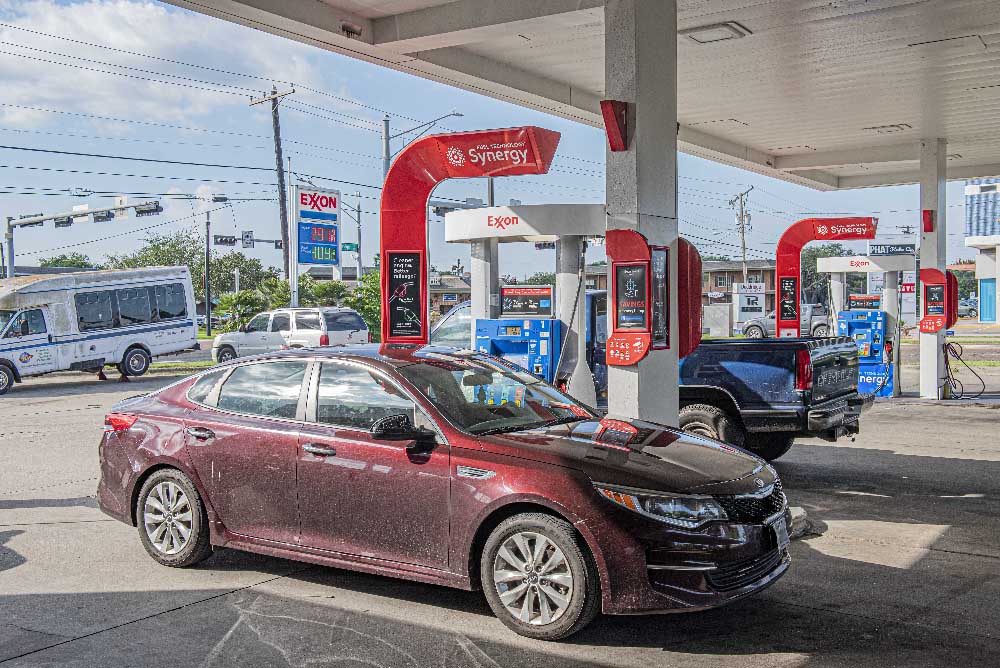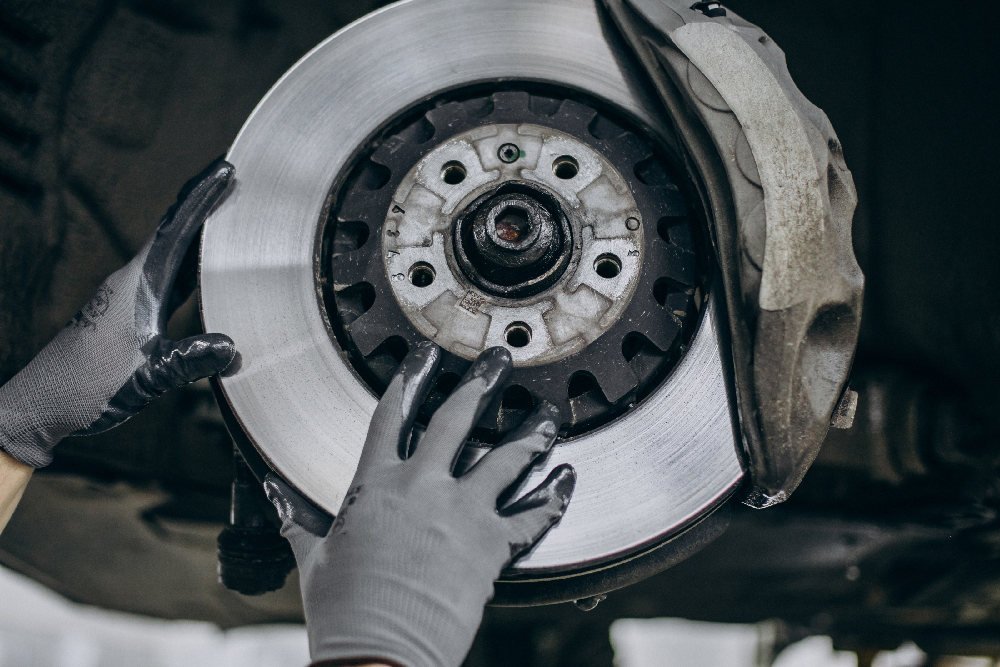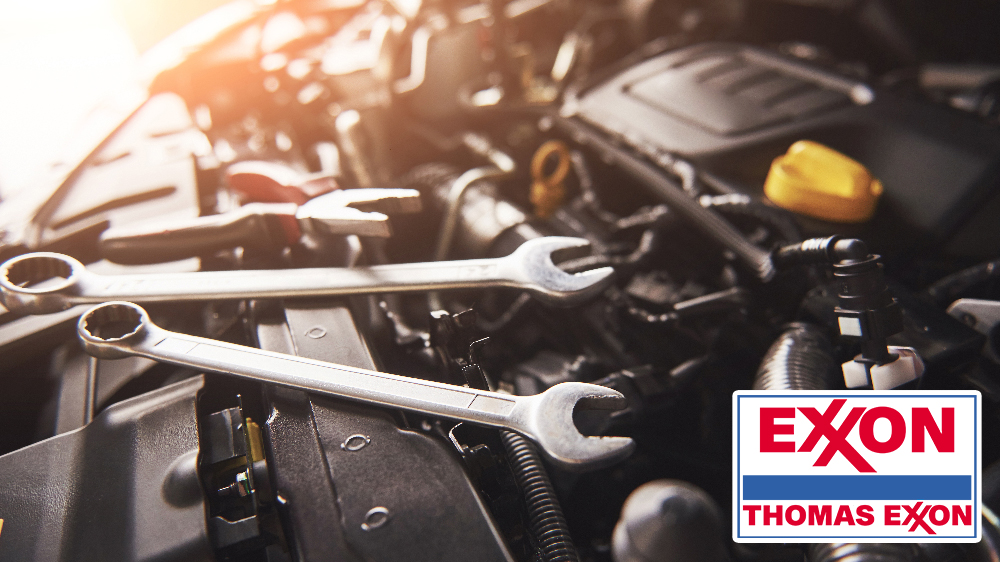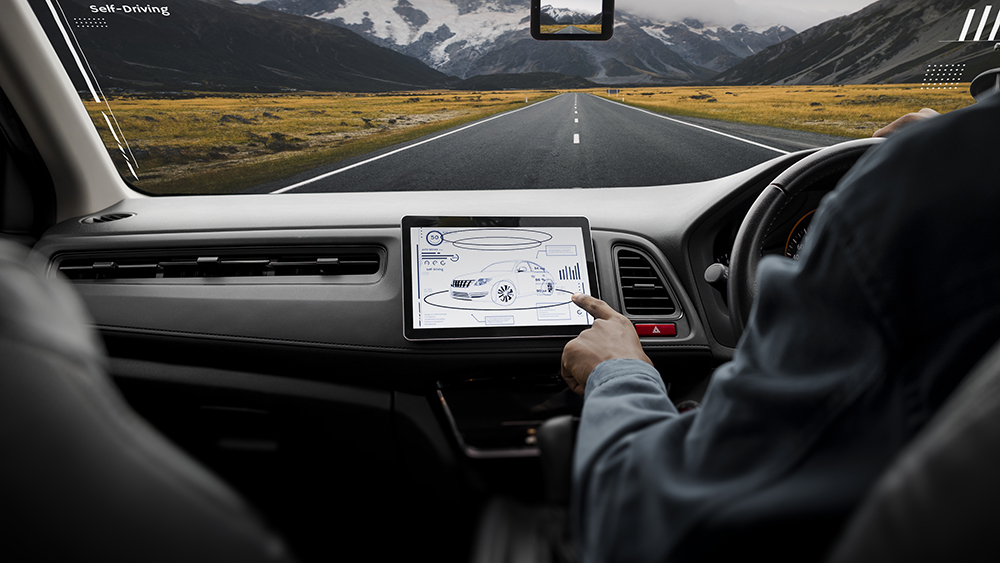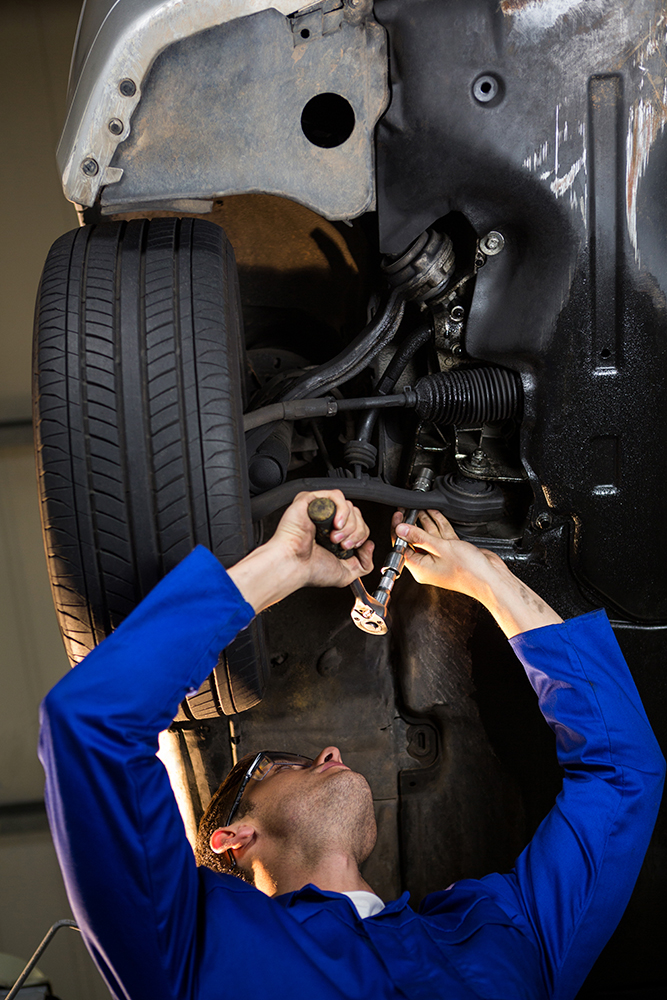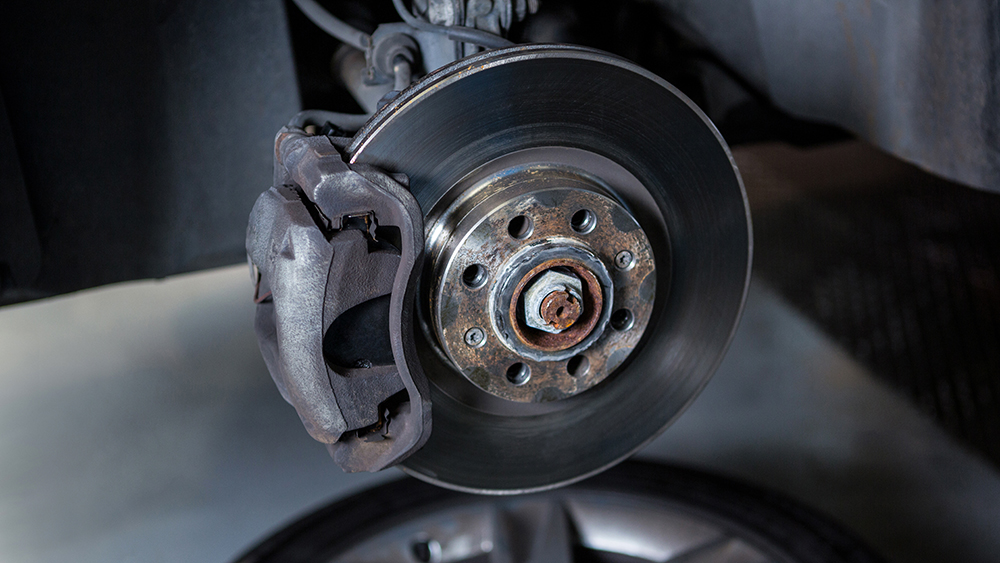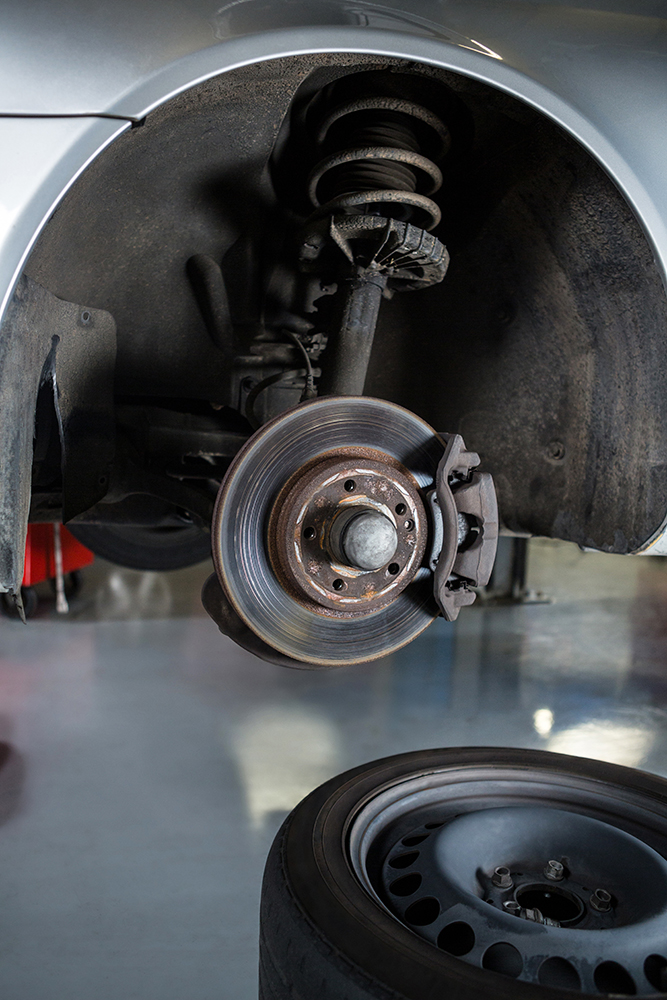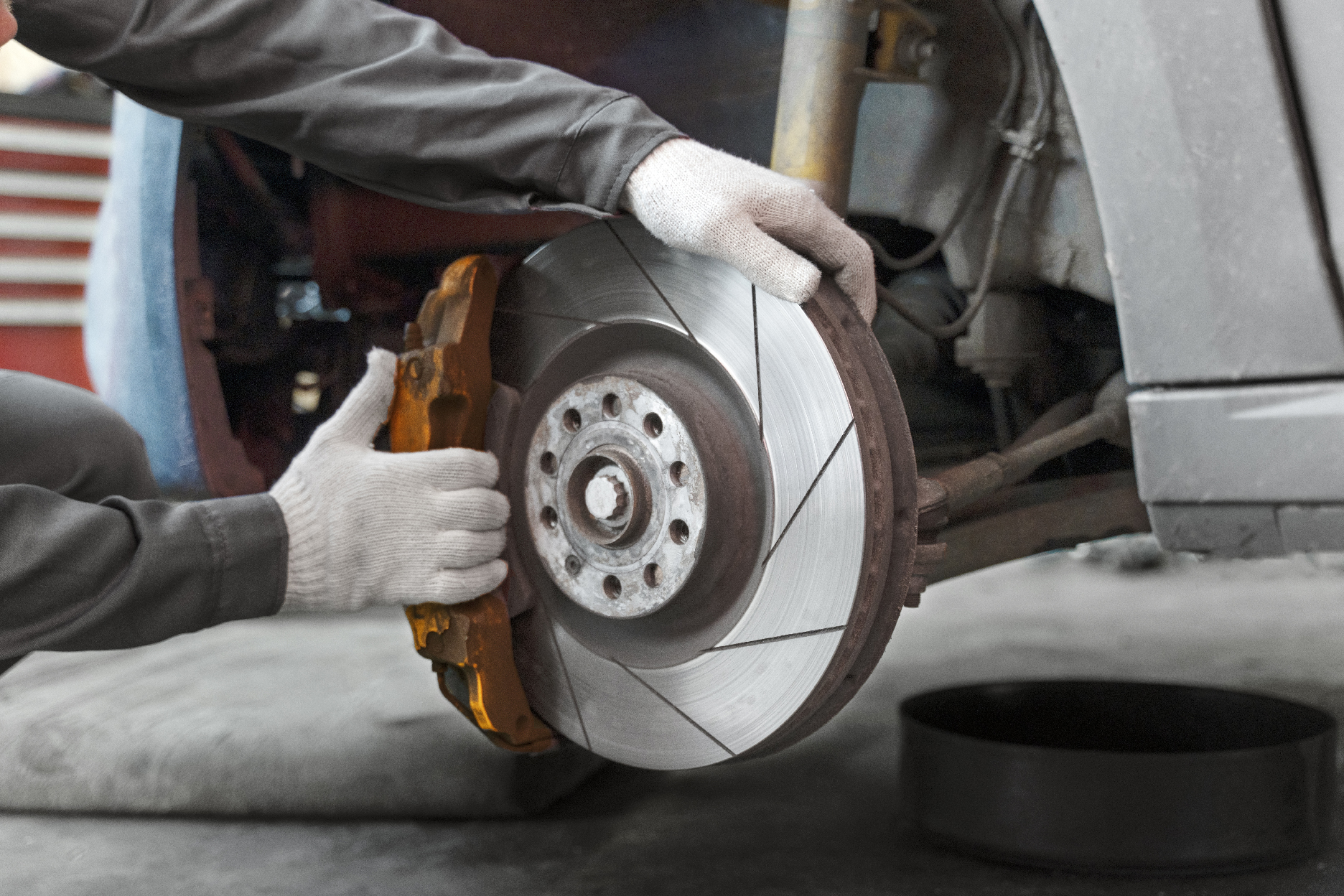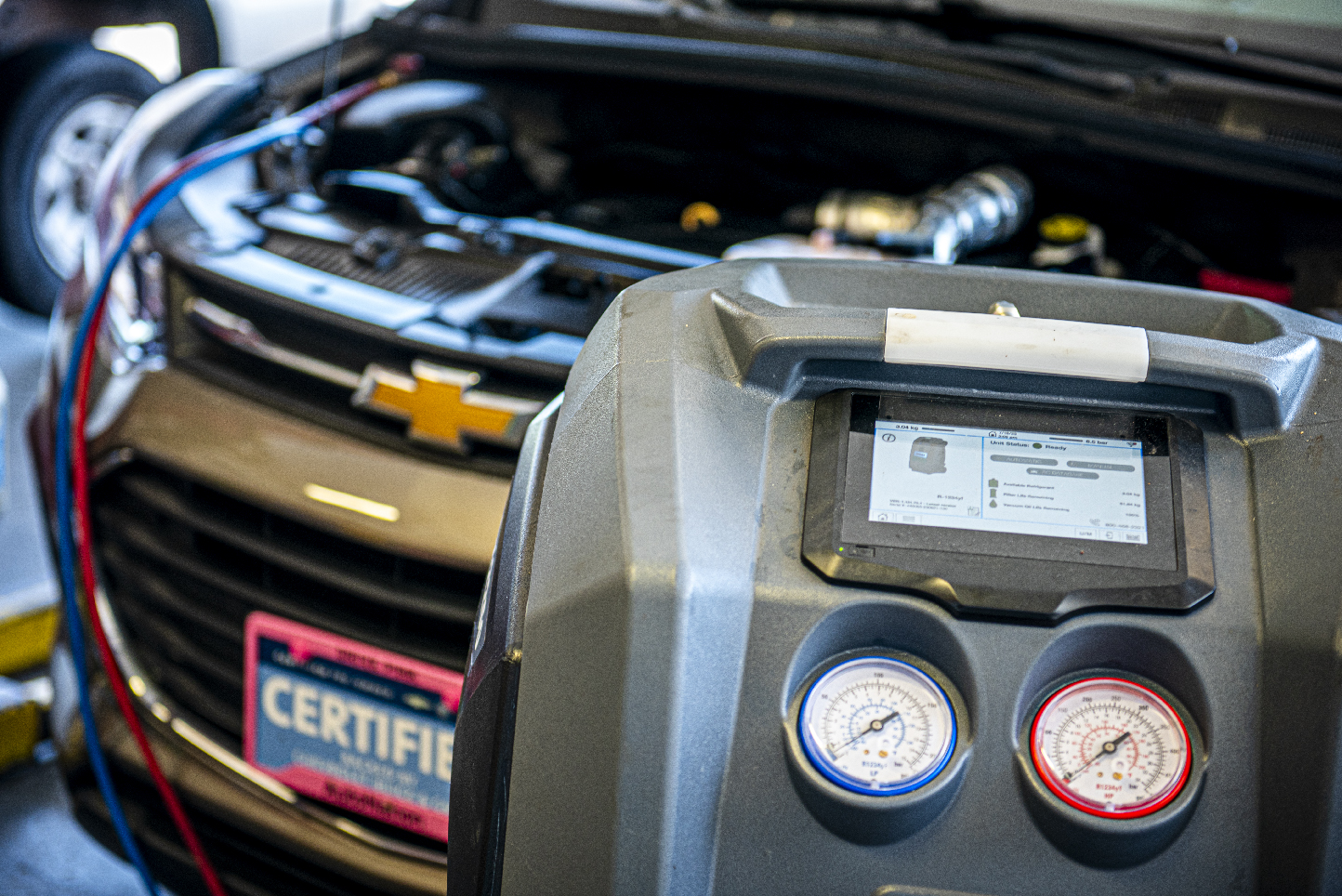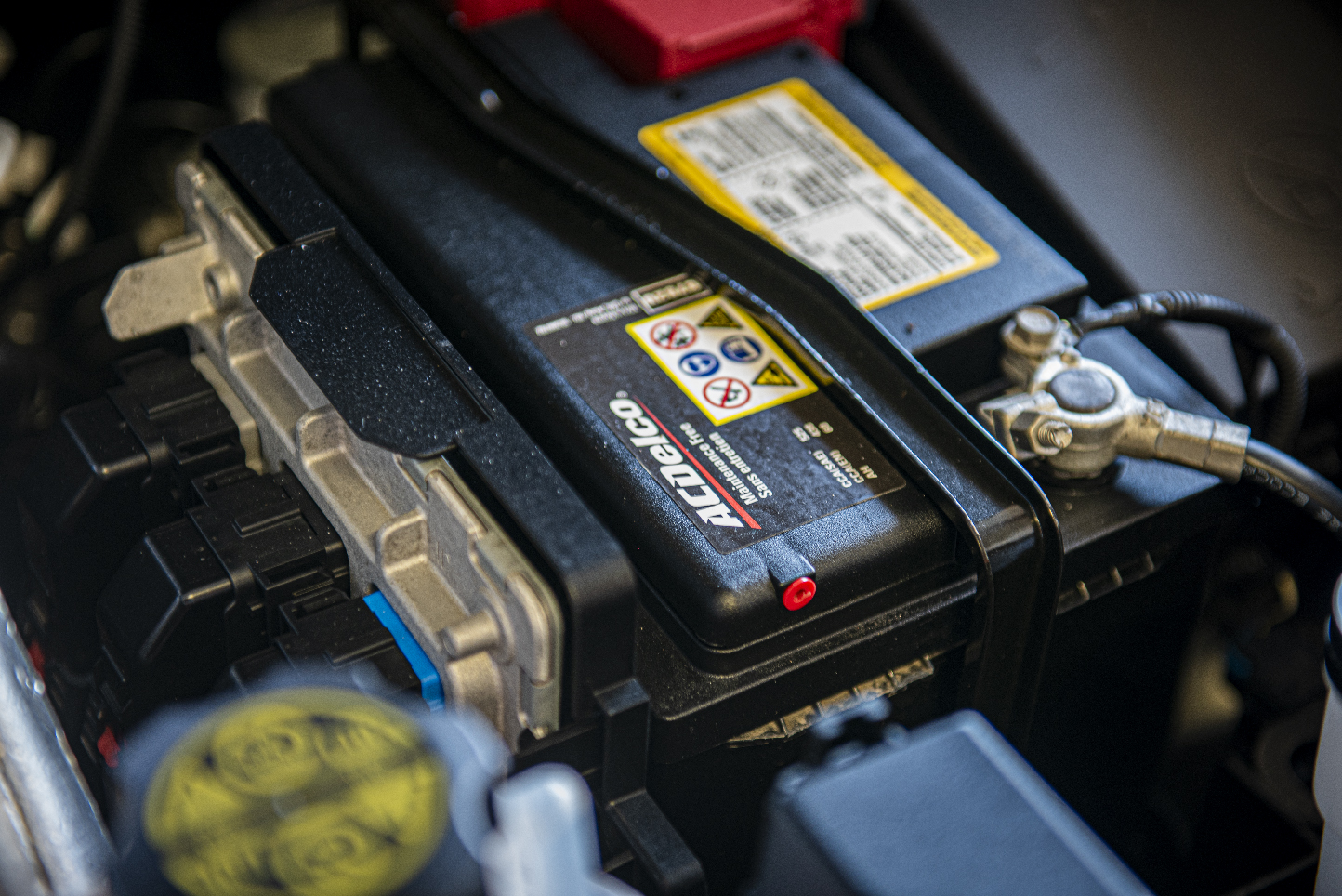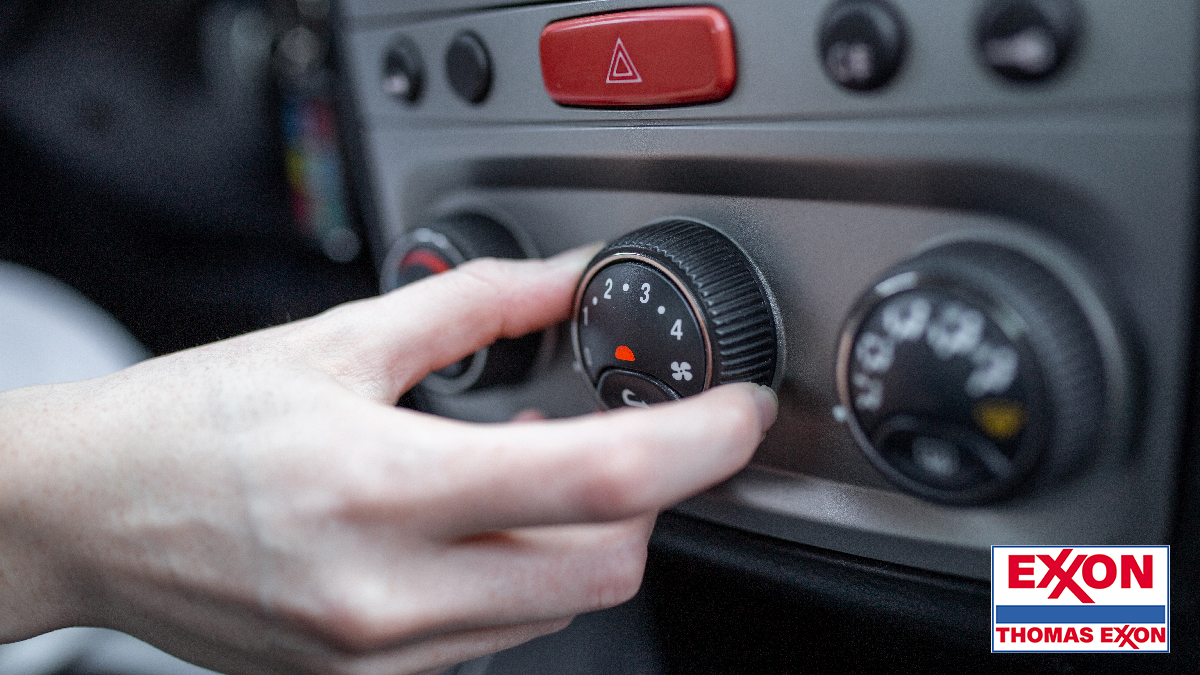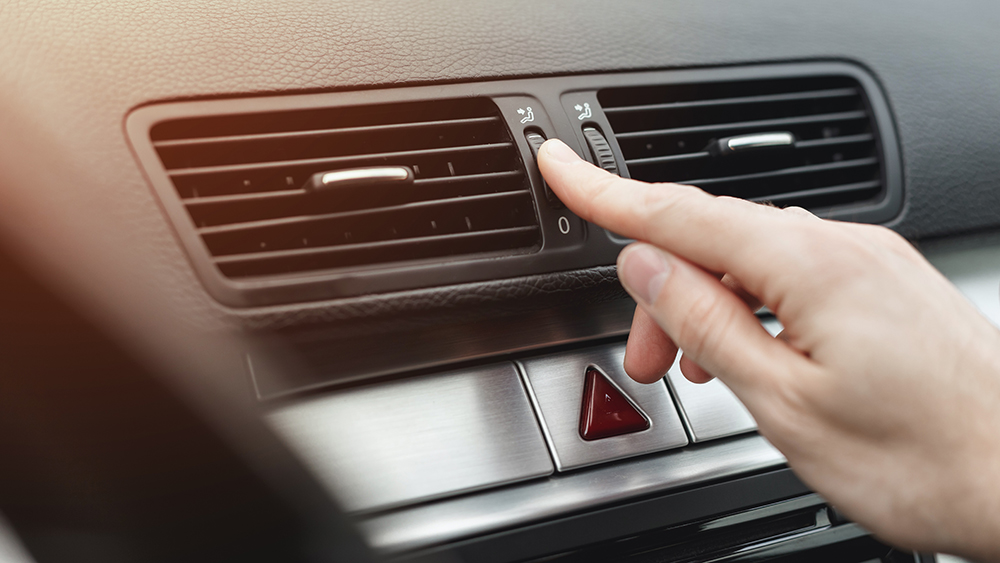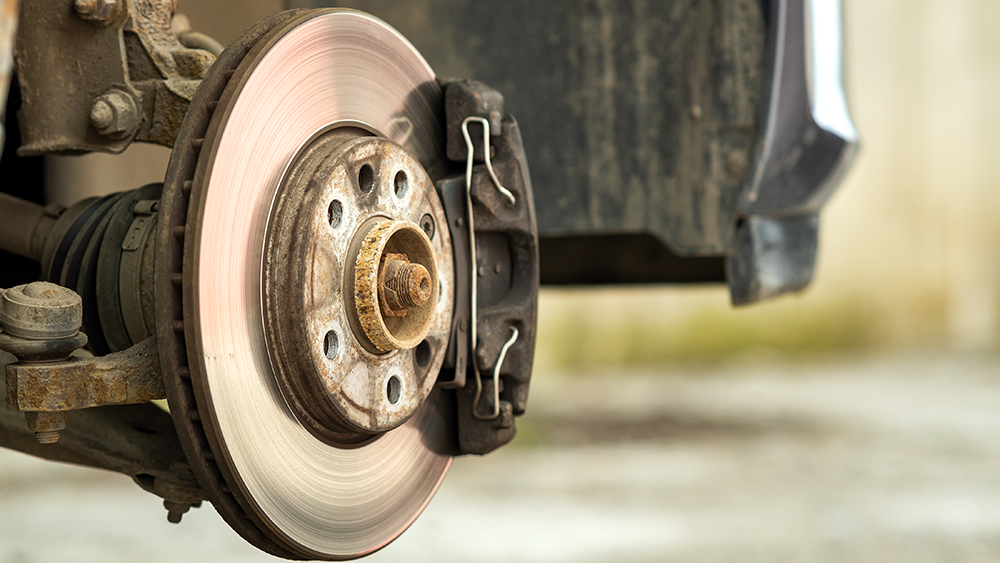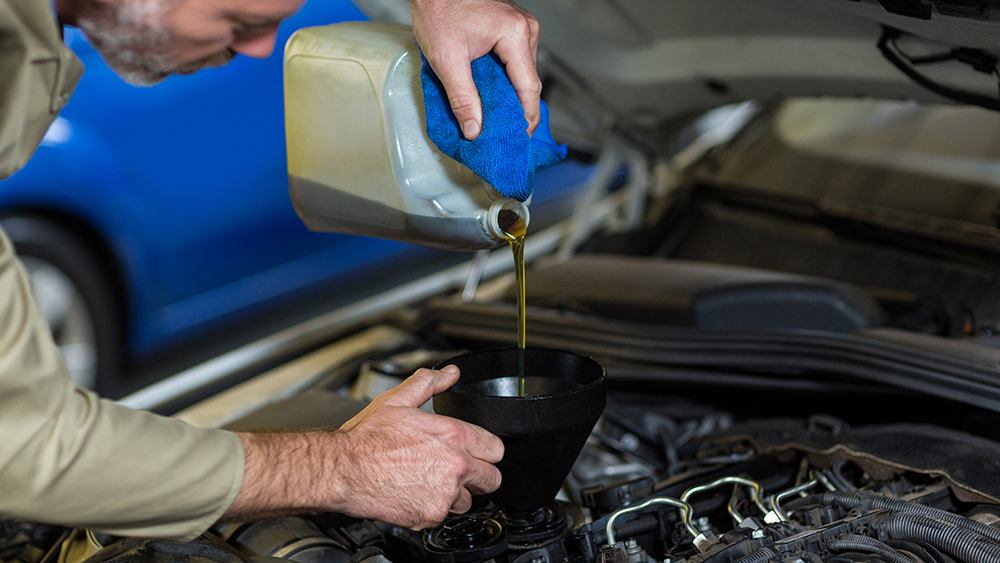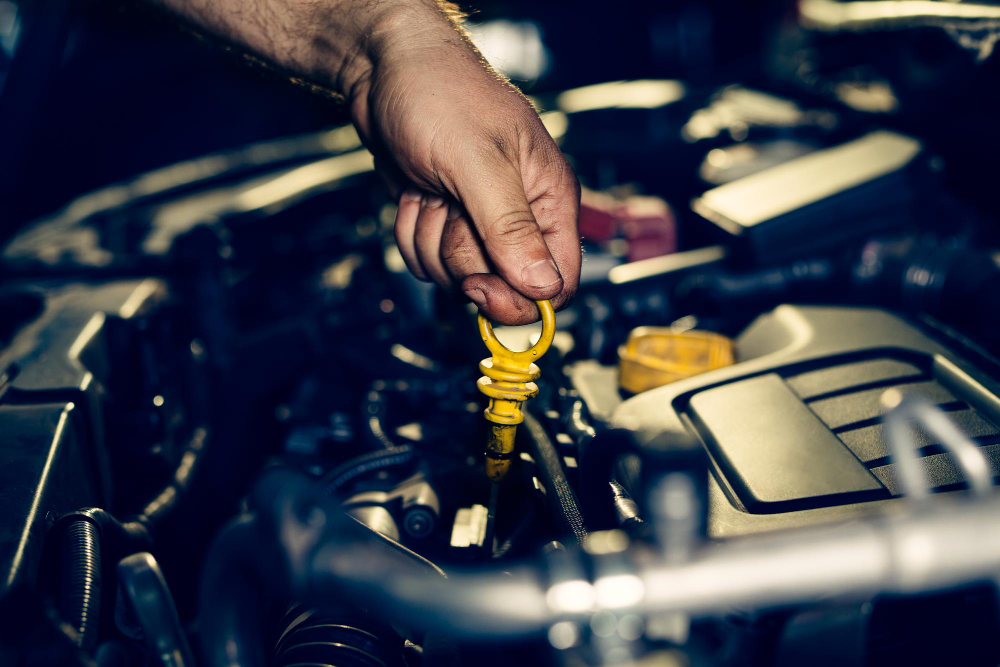The Impact of Driving Habits on Maintenance: A Roadmap to Vehicle Longevity
The modern automobile has become an indispensable part of our lives, offering convenience, mobility, and freedom like never before. However, as car owners, we often underestimate the profound influence our driving habits can have on the longevity and efficiency of our vehicles. Whether you’re a daily commuter, a weekend road tripper, or simply use your car for errands, your driving habits play a pivotal role in determining how often you’ll find yourself at the local car repair shop or in need of preventative maintenance. In this article, we will explore how various driving habits, such as aggressive driving and excessive idling, impact a vehicle’s maintenance needs and fuel efficiency.
Aggressive Driving: A Shortcut to Frequent Car Repair
Aggressive driving is characterized by rapid acceleration, hard braking, and excessive speeding. While it might feel thrilling to channel your inner race car driver on occasion, these habits can take a toll on your vehicle over time. The constant strain of abrupt stops and starts subjects your car’s components to increased wear and tear. This not only translates into more frequent visits to the car repair shop but also leads to higher costs for parts replacement and labor.
Furthermore, aggressive driving can adversely affect your fuel efficiency. When you stomp on the gas pedal to accelerate rapidly, your engine has to work harder to provide the needed power. This extra effort translates into increased fuel consumption and decreased gas mileage. So, if you’re wondering why you’re constantly refilling your tank, your aggressive driving habits may be to blame.
To mitigate the impact of aggressive driving on your vehicle’s maintenance needs and fuel efficiency, consider adopting a more relaxed and gradual driving style. Gradual acceleration and gentle braking reduce the strain on your car’s vital components and help you save on fuel costs.
Excessive Idling: A Quiet Culprit of Preventative Maintenance Woes
Excessive idling may seem harmless at first glance; after all, it’s convenient to keep the engine running while you wait in your parked car. However, this seemingly innocuous habit can have detrimental effects on your vehicle’s overall health.
When your car is idling, it’s running inefficiently. Your engine is still burning fuel, but it’s not performing any meaningful work. This prolonged idling can lead to the buildup of carbon deposits in the engine, which can hamper performance and increase the need for preventative maintenance. Additionally, excessive idling can strain the vehicle’s battery and starter motor, causing premature wear and potential breakdowns.
Moreover, long periods of idling contribute to unnecessary fuel consumption and air pollution. Not only will you find yourself spending more on fuel, but you’ll also be contributing to environmental degradation.
To minimize the impact of excessive idling on your vehicle, make a conscious effort to turn off your engine when parked for extended periods. Modern engines are designed to start and stop efficiently, and this practice can save you money on fuel and reduce your carbon footprint.
Maintaining Proper Tire Pressure: A Small Change with Big Benefits
One often overlooked aspect of driving habits that significantly affects vehicle maintenance and fuel efficiency is tire pressure. Your tires are the only point of contact between your car and the road, and their condition plays a crucial role in how your vehicle handles, performs, and consumes fuel.
Driving with under-inflated tires can result in increased rolling resistance, which forces your engine to work harder to maintain speed. This extra effort leads to greater fuel consumption and ultimately more frequent trips to the gas station. Furthermore, under-inflated tires are prone to overheating, which can cause blowouts and costly tire replacements.
On the other hand, overinflated tires can result in a harsh and uncomfortable ride, as well as reduced traction. This may lead to increased wear and tear on other vehicle components, such as suspension and brakes.
To maintain proper tire pressure, invest in a good-quality tire pressure gauge and check your tire pressure regularly. Follow the manufacturer’s recommendations for the correct pressure, which can usually be found on a sticker inside the driver’s door or in the owner’s manual. By maintaining proper tire pressure, you’ll not only enhance your vehicle’s fuel efficiency but also reduce the risk of accidents and costly car repair.
Regular Car Maintenance: The Key to Preventative Maintenance
Preventative maintenance is the cornerstone of keeping your vehicle in tip-top shape. It involves a series of routine checks and services that aim to identify and address issues before they escalate into costly car repairs. Neglecting regular car maintenance can lead to a cascade of problems and decreased fuel efficiency.
Some essential aspects of preventative maintenance include oil changes, air filter replacements, brake inspections, and fluid checks. Regular oil changes, for instance, keep your engine lubricated and running smoothly, preventing friction-related damage that could lead to significant car repair bills.
Additionally, a clean air filter ensures proper airflow to the engine, optimizing combustion and fuel efficiency. Brake inspections help identify worn-out brake pads and prevent more extensive damage to the braking system. And checking and topping off fluids such as coolant, transmission fluid, and brake fluid ensures that your vehicle operates at peak performance.
By adhering to a regular car maintenance schedule, you can catch issues early, address them promptly, and enjoy a vehicle that runs efficiently, saving you money on fuel and preventing the need for costly car repairs down the road.
Calibration: A Vital Aspect of Modern Vehicle Preventative Maintenance
In today’s world of advanced technology, modern vehicles are equipped with sophisticated sensors and systems that require precise calibration to function correctly. These systems include adaptive cruise control, lane-keeping assist, and advanced driver assistance systems (ADAS).
Improper calibration of these systems can lead to inaccurate readings and potentially hazardous situations on the road. For instance, if your lane-keeping assist system is not calibrated correctly, it may not provide the necessary steering input to keep you in your lane, leading to safety concerns.
Furthermore, failing to calibrate sensors and cameras used in these systems can result in false alarms, causing unnecessary panic or hesitation while driving. To ensure your vehicle’s safety features function as intended, it’s essential to follow manufacturer recommendations for calibration checks and seek professional assistance if needed.
The Role of Thomas Exxon in Preventative Maintenance
When it comes to preventative maintenance and keeping your vehicle running smoothly, Thomas Exxon is your trusted partner. With a team of skilled technicians and state-of-the-art equipment, Thomas Exxon is committed to providing top-notch car maintenance and repair services.
At Thomas Exxon, we understand that your driving habits can significantly impact your vehicle’s maintenance needs and fuel efficiency. That’s why our experienced technicians are here to help you optimize your vehicle’s performance, reduce maintenance costs, and enhance fuel efficiency.
Our comprehensive preventative maintenance services cover everything from regular oil changes and tire rotations to brake inspections and calibration checks for advanced safety systems. We work diligently to ensure your vehicle is in excellent condition, helping you avoid costly car repairs in the future.
Let Thomas Exxon Keep Your Car Running Smoothly
In conclusion, your driving habits have a substantial impact on your vehicle’s maintenance needs and fuel efficiency. Aggressive driving can lead to frequent car repairs, while excessive idling can contribute to engine wear and increased fuel consumption. Maintaining proper tire pressure is crucial for both safety and fuel efficiency, and regular car maintenance is the key to preventing costly issues.
Additionally, calibration of modern vehicle systems is vital to ensure the proper functioning of advanced safety features. To navigate the world of driving habits and maintenance successfully, partnering with experts like Thomas Exxon can make a world of difference. Their commitment to preventative maintenance will keep your vehicle running smoothly and efficiently, allowing you to enjoy worry-free journeys on the road. So, make the smart choice and trust Thomas Exxon with your vehicle’s maintenance needs, and you’ll reap the benefits of a well-maintained, fuel-efficient, and reliable vehicle for years to come.
